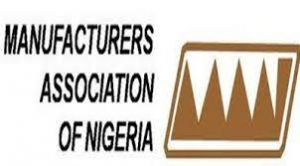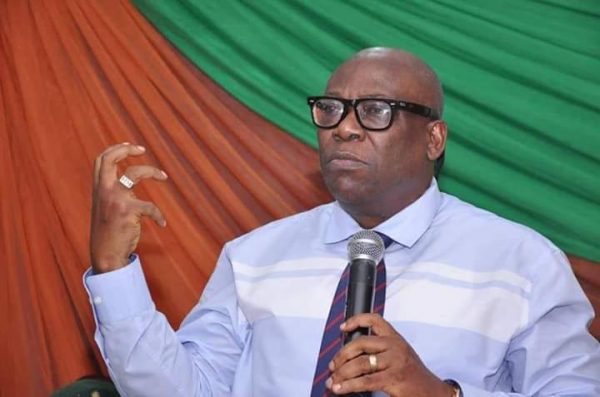- Energy cost in Africa’s biggest crude oil exporter soared to 38% in 2019
Manufacturers in Nigeria have spent a whooping N67.38 billion to buy, maintain and fuel generators in 2019, a harrowing experience that is running their businesses aground.

This came as the energy cost for small, medium and large scale firms in the Africa’s biggest crude oil exporter soared by 38 per cent in the year.
The Manufacturers Association of Nigeria (MAN), which rolled out these figures, maintained that said its members spent over N67.38 billion on self-generated electricity to keep their businesses running last year.
President of MAN, Ahmed Mansur, declared during MAN’s post-48th Annual General Meeting (AGM) in Lagos, Nigeria’s commercial capital, lamented that the issue of inadequate power supply had become a huge challenge for manufacturers.

According to him, energy cost has continued to take a huge chunk of manufacturers’ production cost, accounting for as much as over 38 per cent of the sector’s production cost in the period under review.
“Besides, inadequate electricity supply and incessant increases in tariff without a commensurate improvement in generation, transmission and distribution also remain key challenges being faced by members in the sector,” Mansur said.
The president described the performance of the nation’s economy so far this year as “fragile and slowly sliding into recession,” attributing the situation to the public health crisis facing the whole world, including Nigeria.
He, therefore, called for more proactive initiatives from the Federal Government to mitigate the effects of the COVID-19 pandemic on the manufacturing sector.
Mansur said: “The downward movement of key economic indicators reinforced the need for more proactive initiatives against reactive initiatives.
“For instance, while the aggregated economy recorded a positive growth as indicated by an increase in real national output to 2.39 per cent in 2019, from 0.81 per cent in 2018, manufacturing sector growth plunged significantly to 0.77 per cent in 2019, from 2.09 per cent recorded in 2018.
“The dwindling manufacturing performance was substantiated by capacity utilization in the sector which slowed to 56.8 per cent in 2019, from 57.8 per cent achieved in 2018.
“This shows that the sector is still in need of a comprehensive and integrated support system from the government.”
Mansur also tasked the Federal Government on the need to intervene on the issue of foreign exchange, noting that sourcing forex for the importation of raw materials, machinery and spares not available locally was becoming increasingly difficult for manufacturers.
He, however, listed the factors responsible for lack of access to forex to include the significant decline in oil price, the servicing of loans, which is in foreign exchange; the payment of subsidy in the electricity sector, which gulped about N500 billion in 2019.
Mansur also rued the huge inventory of unsold manufactured products, which he put at an all-time high of about N402.4 billion.
This, according to him, reinforced the reality that the disposable income of the average Nigerian consumer had been grossly eroded.
The MAN boss decried the numerous, oftentimes duplication of demands from the three tiers of government in form of taxes, levies, fees and permits, which manufacturers still contend with, as a major challenge hindering the sector’s growth.
“Manufacturing companies are continually overwhelmed with multiple regulations from different regulatory agencies and excessive drive for revenue by government agencies. And this has continued to be a major disincentive to the nation’s manufacturing sector,” he said.





